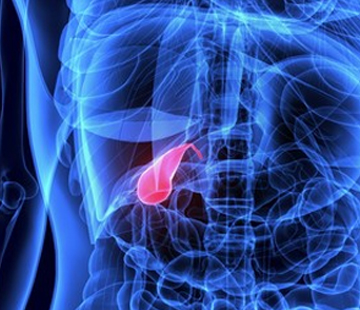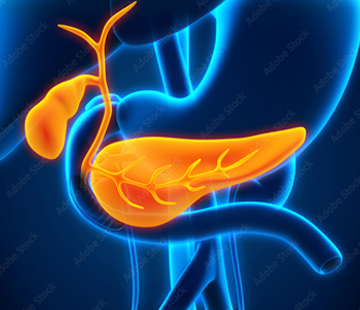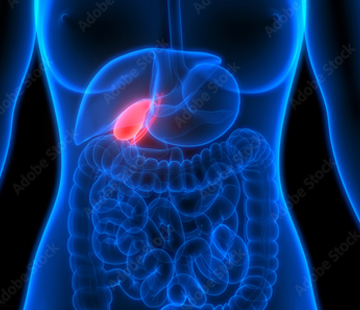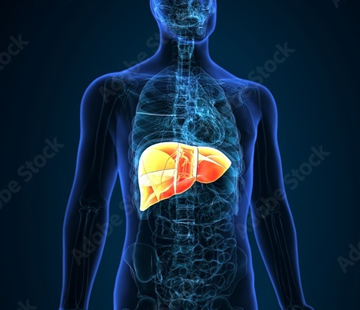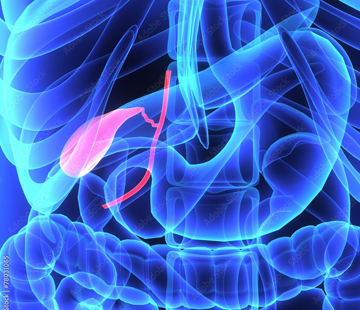Choledochal Cysts Type V
Type V Choledochal cysts, also known as Caroli’s disease, are a rare form of congenital biliary cystic disease. This type is characterized by multiple intrahepatic cystic dilations of the biliary ducts, which can lead to complications such as cholangitis and hepatic abscess.
Caroli’s disease is a genetic condition that arises from mutations in the genes that regulate bile duct development. It is often associated with benign renal tubular ectasia and other forms of renal cystic disease, and it may be inherited in an autosomal recessive manner.
Symptoms of Caroli’s disease can include abdominal pain, fever, chills, and jaundice. Complications may encompass cholangitis, hepatic abscess, and cholangiocarcinoma (bile duct cancer).
Diagnosing Caroli’s disease typically involves imaging studies such as ultrasound, CT scan, or magnetic resonance cholangiopancreatography (MRCP). Genetic testing may also be recommended to confirm the diagnosis.
Treatment options for Caroli’s disease depend on the severity of the condition and the presence of symptoms. In some cases, asymptomatic patients may not require treatment. However, for symptomatic patients, treatment may involve surgical resection of the affected portion of the liver or liver transplantation.
In summary, Type V Choledochal cysts, or Caroli’s disease, represent a rare form of congenital biliary cystic disease characterized by multiple intrahepatic cystic dilations of the biliary ducts. The condition is often associated with benign renal tubular ectasia and other forms of renal cystic disease, and it may be inherited in an autosomal recessive manner. Early diagnosis and prompt management are crucial for preventing complications and improving patient outcomes.
